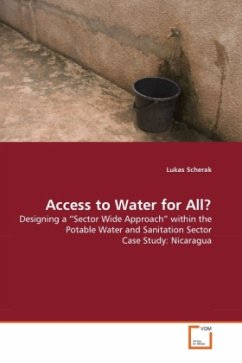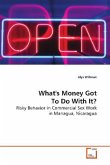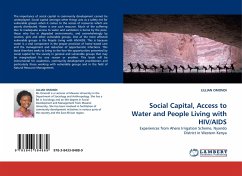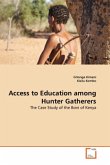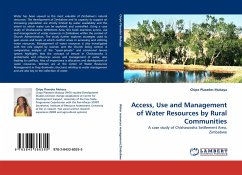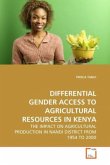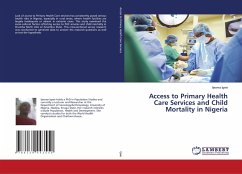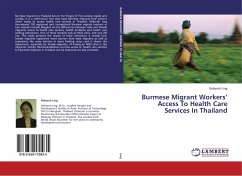Aim of the thesis was to examine to what extent one can convert the theoretical approach of the "Sector Wide Approach" within the Potable Water and Sanitation Sector. First the actual condition within the area of the water supply was thoroughly analyzed, this means the investigated data about the access to clean drinking water within the population was evaluated, in order to develop a regional profile from Nicaragua with the help of several demographic and socio-economic factors. Furthermore several Workshops took place, in which the participants (political institutions and donor organizations) dealt with the political and administrative implementation of the SWAp, in order to recognize and eliminate possible structural problem zones. Also informal discussions were conducted with each participant inter alia about their readiness for the participation, their interest in the implementation of the SWAp, their role within this process. Based on the existing data and the results of the actual condition it was analyzed whether it is possible to implement the SWAp in Nicaragua within the Potable Water and Sanitation Sector.
Bitte wählen Sie Ihr Anliegen aus.
Rechnungen
Retourenschein anfordern
Bestellstatus
Storno

